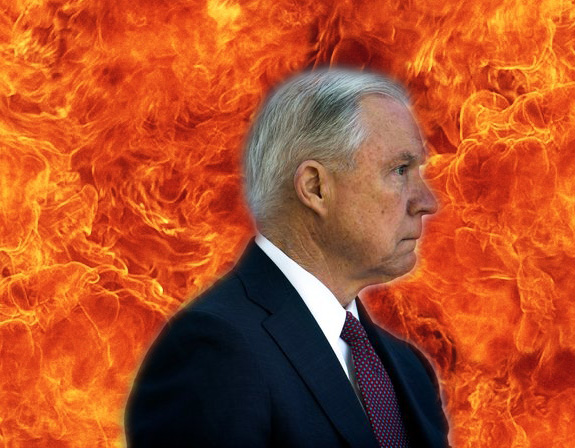BabyFacedFinster
Anything worth doing, is worth overdoing.
16 people indicted in massive home-grown marijuana operation across Denver area
CENTENNIAL — Sixteen people have been indicted on charges they ran a massive home-grown marijuana operation across the Denver metro area that produced hundreds of pounds of pot each month for distribution across the country.
Authorities say over about three years, the ring used houses and properties in places like Colorado Springs, Castle Rock, Elbert County and Denver, to cultivate the cannabis and then make high-dollar deals to sell it in Illinois, Arkansas, Minnesota and Missouri.
An investigation into the ring launched in August, the indictment shows, after investigators searched an Elizabeth property owned by 53-year-old Michael Stonehouse. There they found more than 2,500 pounds of marijuana, which officials estimate was worth about $5 million.
“In a nutshell, this was about home-grown, local folks growing and exporting marijuana (for sale) out of the state of Colorado,” 18th Judicial District Attorney George Brauchler said at a news conference Friday afternoon. “This operation that was shut down effectively by the indictments and warrants that were issued was generating about 300-plus pounds of finished marijuana each month. These packages that they put together were tracked here, there and everywhere.”
Brauchler said it is the largest such case he has ever seen.
Local law enforcement — from Colorado Springs to Denver — worked with the Drug Enforcement Administration and federal prosecutors on the case, in which investigators used wire taps, video surveillance, gps trackers and search warrants on more than 20 accounts at more than seven banks.
Authorities over the past year, led by the DEA, have made it a priority to crack down on marijuana being illegally grown in homes for out-of-state sale. Barbra Roach, chief of the DEA’s Denver division, said her office is working on several similar cases that are pending indictments, and the agency has completed numerous illegal marijuana raids across the Front Range and the state’s southeast corner.
“Yes, residents of Colorado, and people that I’ll call ‘transplants to Colorado,’ are moving here (and) becoming involved in the marijuana industry with the expressed purpose of hiding their illicit proceeds and their illicit activities in plain sight under some of the laws that we have,” Roach said. “… We’re seeing ourselves as a larger source of supply than we ever were before.”
Brauchler, whose office is prosecuting the case, said the investigation into the ring reached a head on Thursday when search warrants were served across 19 Front Range locations by more than 200 law enforcement officers. Fifteen of the sixteen people indicted have been taken into custody. (cont)
This kind of stuff doesn't help our cause, IMO.
Of course, the real reason for all this "terrible, horrendous crime" is because marijuana is federally illegal. If it was legal, then all you have is a bunch of people growing plants.
And there would be no need to move from one state to another, and there would be no need for the violence that Sessions' harps on, and there would be no need for the black market, and there would be no need to put all those people (law enforcement and citizens) in harm's way, and so on ....
Because busting people for growing plants is so much more important than ever fighting the opioids that the pharmaceutical companies produce. You know, the stuff that actually kills people.










